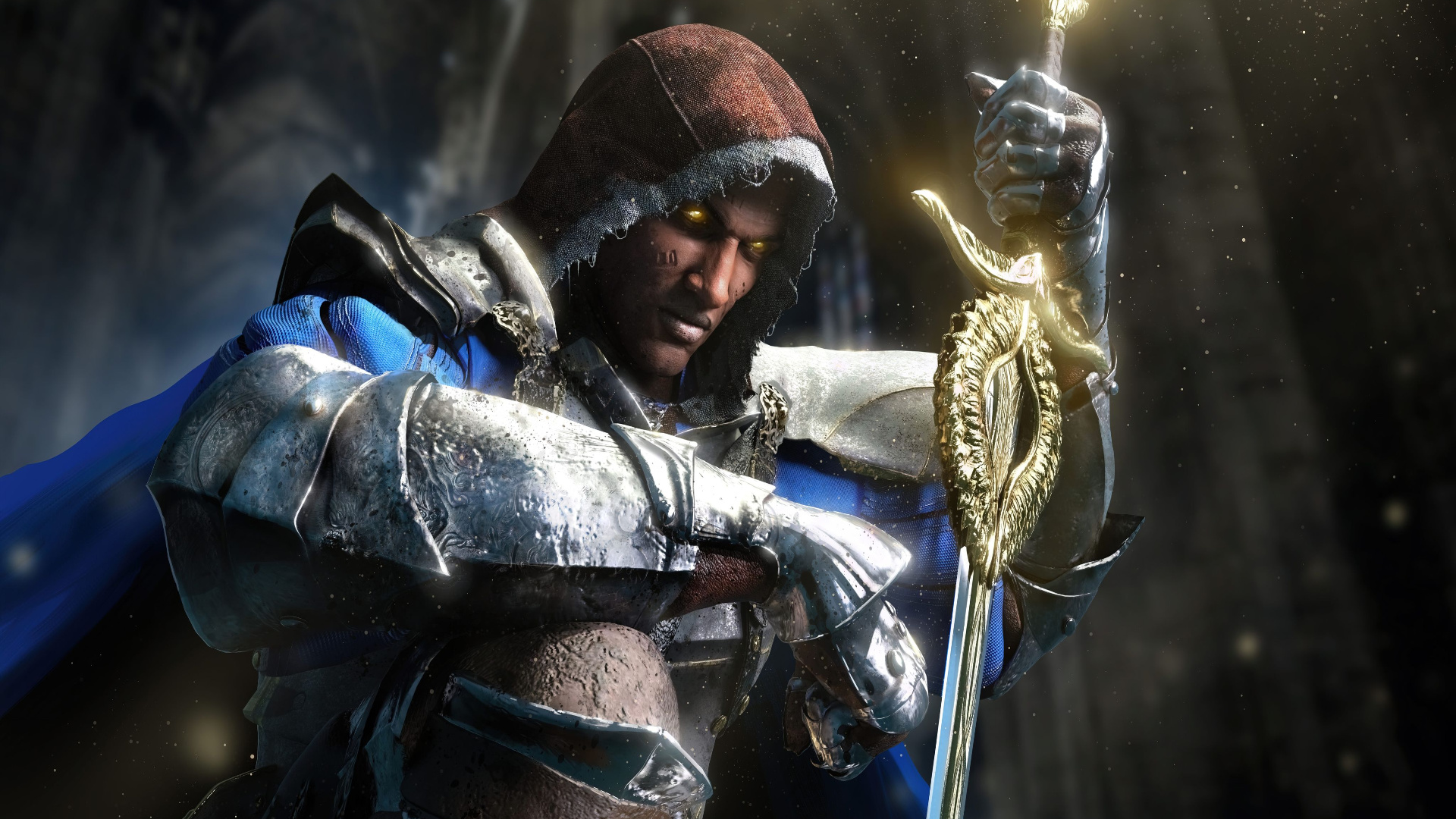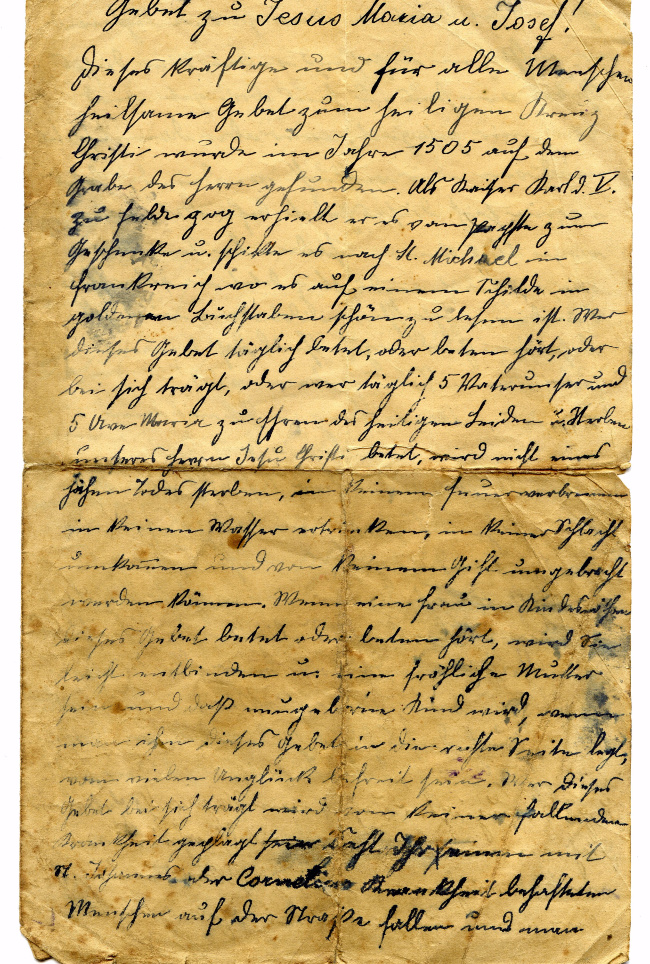The Loss
Translation of personal notes of a speech made on the first Day of Remembrance celebrated by the Latenes Sunt.
We were everything to him.
More than Iraenox, more than Chenthe, more than anyone or anything. He would have given his life for us, and he did, though he would be the first to tell me, that was not his intent. Just his bad judgement to trust the dwarves, and he ended up dying over it. That is what he would have said.
No. He would not. He had to trust them. Sometimes trust is the only option you have. That is what he actually said when he told me what he was going to do, and I told him he was crazy. And then he told me I was right.
Because I was.
But I wander. I have to make a speech. To the men.
I do not know if I can make a speech, if I can think well enough through this pain to form a coherent thought. Maybe it does not matter.
No, it does. Because we were everything to him.
He would do it. He would make himself do it, and be steady, and strong. And I just do not know if I have it in me, but I have to find it. I must. I am all they have left of him.
No, I err. They have Callidus. He will hate it, but what does that matter? We all do what we must. Vincere taught us duty, and he gave us life. We must live it now.
He was the finest man I knew, a battle brother to depend on, a commander to follow. For a male, one with so little value, he had stature beyond measure. As a strategist he understood war, as a tactician he understood battle. He was disciplined. As quick with a blade as the best of us, but he only drew a hundred-pound bow. He was no archer that was certain. I never saw a day when he was not on the practice field sharpening his skills.
“How can I demand it of my men, if I will not demand it of myself?” he would ask.
My sister had him to consort and was useless for days on end. We had to send him back to Chenthe after two years or we would never have gotten another day’s work out of her. She complained that his nose was too long and his tongue too short, but the rest of him was just fine. Callidus was born then. I believe he is Vincere’s spore, although when I told him so he scoffed at me. “Only females have children,” he said. He was wrong.
But I wander.
I believe I will be angry forever. He told me the Mistress was bored. “She wants new prey,” he said to me. “She wants out of the caverns. She wants to lay upon the branch of a tree again, she says." He looked at me quizzically then. "Do you know," he asked, "what is a tree?”
I did not then. I do now.
“Hope is stupid,” he would say to me. “Only fools hope. Do not hope. Listen, plan, prepare, perform. Failure is always hiding around the next turn, take it by surprise, wrap your hands around its neck and choke it to death.”
Too bad he could not take his own advice. We were ill prepared, and the dwarves killed us in the end. But what were we to do? The Mistress gave us no options, no time.
There was no time to gather intelligence, to time to even try. A week. No more for a campaign that should have taken us six months to plan. What difference would it have made to her to wait another year? To allow us time to make more than the most rudimentary of plans. We had no maps more recent then twenty years old, no understanding of our enemy’s current resources, his storage locations, his troop count, his strengths and weaknesses. And she would not give us time or even send a Priestess to accompany us.
I believe she intended us to die. Maybe I am unfair – but probably not. I think she was bored and did not want to wait to guarantee success. And so, she stays in the cavern while I see trees.
How I hate her.
How I hate trees.
We took the Gate to Light quickly. The commander was sterilis. He fought bravely and his men died well. He sounded the alert to his people before he died. He was worthy.
We were afraid of the priestesses, but Vincere controlled them with the cart of silence, and the dwarves never brought those in their temple to destroy us. The dwarves had only the battle mages, and we had our own to deal with those.
It was easy in the Great Spiral, the lower levels. I began to hope.
Stupid hope. Why did I not listen to him? He told me not to hope.
I knew we were doomed when the scouts started to report back, and they told us the numbers of soldiers the dwarves had. Inconcievable. As many soldiers on the battlefield as there are dark elves. I saw Vincere's face grow grim.
The main cavern is not like the others. It is huge and open. There are no corners, no shadows, no places to hide and strike from in secrecy. Just a wall of swords that faced us, hundreds of feet across. There were no tunnel walls, no building structures to cut them off. Carnis had no chance at all. We have only two of that clan left among us. Vincere and I had at least trained our troops, but our men only had training, not experience in this type of fight.
We would die there. He knew it. I knew it. There was no retreat. If we returned to the caverns, the Priestesses would lay us on the altar and torture us. The Mistress would revel in our screams and heal us as we tried to die so they could do it all over again. Better to die at the end of a dwarven sword than live on the altar.
When Vincere told me he would challenge the dwarven king to a duel, I argued. Much good that did. A more stubborn man I have never known. I told him he was a fool to trust them and he agreed, but he said that he knew of this king. He had met his mother's brother on a field of battle in his youth, and that he was an honorable foe. I told him -
bah - what difference does it make what I told him?
Vincere used the priestesses as a bargaining chip. He caught their attention and the dwarven king agreed to his preposterous proposal and their High Priestess too. And they fought. And Vincere had the little man. He was better. He would win. And I hoped. And I was a fool.
I heard the buzzing whirr of the arrow that caught him in the back. Treacherous, cowardly, bastards. A good half dozen arrows before our men broke out and the dying began in earnest. We slaughtered them, they slaughtered us. The soil was soaked with blood, and the dying could not be stopped, not now. Not with the rage upon us.
We would die and we would take every last one of those dwarven bastards with us.
I looked for the archer who had killed Vincere. He would die first, but when I saw him, Callidus was already there, had already taken his head. He and his men slew the entire squad, then went looking for more.
I fought my way through the dwarven knights to Vincere’s side. To hold him as he bled out the last moments of his life. And I found him too late, dead, tenderly cradled in the dwarven kings arms.
NO. It should have been my place. He was my commander, my friend. He had no right, he had no place, he stole -
Tears poured down the man’s face, and I knew he had not ordered the treacherous arrows. His honor lay in tatters because his men did not honor him, did not honor his word.
He held the lifeless body of my friend, in the midst of a raging battle, men dying all around us, and he screamed out to his god.
And everything stopped but the dying.
We could not move, nor could they. The clerics of their god walked through the frozen field, and they injured none, but collected our men from the battle – those of us who still lived. By the time their god released their soldiers we were all – I do not know – safe? I suppose. In his temple, in his prisons. They took our weapons.
Theron, the king of the dwarves called himself. He would redeem his honor he told me. He would honor his bargain with Vincere as though he lived and Theron had died. He would do better, have us taken to a place, an island where we would be unmolested for as long as we did not leave it. Their god would hide us from the Mistress. We would have a new home.
I did not know what an island was yet, but I agreed. He did what he could, though it will never be enough to wash the guilt from him, or the pain and hate from us.
They took us on a ship – a thing I have never before seen, across an ocean, another thing I have never experienced, to an island which is another – well, nothing here is anything like the caverns.
It has been two tendays since we arrived, and I have called for a day of remembering and mourning.
And so I must write this speech.
Rewriting History
The Loss is a document composed of three pages of handwritten notes which were written shortly after The Uprising of the Dark. The author of the document is not named but is likely the dark elf Fidele Iratus who was second in command of the dark elf army serving under Vincere Iraenox. The document was recently "discovered" by Egiten Aizuain on her travels in the Shattered Isles where she encountered the Latenes Sunt on the Isle of Novam Domum. The Loss is considered a founding document of great historical and cultural relevance to the Latenes Sunt and is re-writing our understanding of this pivotal moment of history.History's Personal Voice
While most people find history boring, the events of the past occur to people who were no less real than you or I. Occasionally some piece of evidence brings the personal passions and pains of people who experienced pivotal events into sharp focus. The Loss is nothing more, and nothing less than personal notes of a man who is writing a speech for a funeral of a friend, but it provides unique insights into a tumultuous point in history and the experiences of people - their personalities and motivations - who drove that moment.Latenes Sunt
Ethnicity
| Apr 14, 2023
Latenes Sunt is a vibrant community on the Isle of Novam Domum




Comments